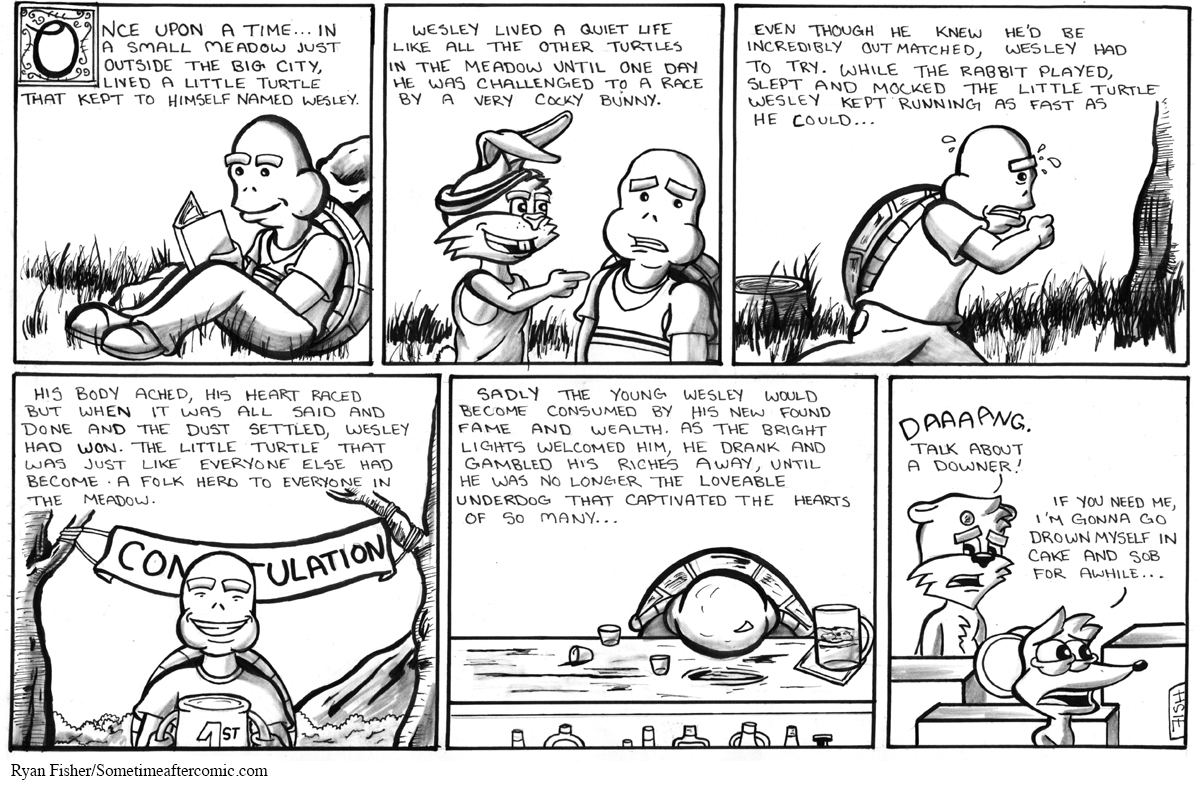2.3 THEME IN LITERATURE
When we analyze literature, what we are trying to do is understand what the work means and appreciate how that meaning was created. Sometimes one person finds a meaning that others didn’t notice, but that’s not because the author is trying to hide things from us; rather, it’s because good literature is full of possibilities.
When we analyze literature, we also try to draw a conclusion about the meaning of the work as a whole, which is often called the theme.
Too often the term “theme” is misunderstood as the plot or topic of a work of literature. For example, some students who have read Romeo and Juliet might mistakenly identify the theme of the Shakespeare play as
The children of two feuding households fall in love with disastrous results.
That is a plot summary, not a theme. A possible theme could be better stated as
Romeo and Juliet suggests that love is a powerful force that, once unleashed, cannot be controlled.
The difference between the two statements is that the second identifies an idea in the piece that tells us something about life or the world we live in.
As a child, you may have heard Aesop’s fable “The Tortoise and the Hare,” in which the arrogant hare, thinking there’s no way that the slow tortoise can beat him in a race, takes a nap in the middle of the competition. In the end, the moral is stated: “slow but steady wins the race.” This example fits our definition of theme, since it identifies the idea of the text and reveals something about the real world outside of talking animals running races.


Read this version of “The Tortoise and the Hare” and identify the theme.
Sometimes the theme is clearly and explicitly stated in a text, as in the 2002 movie version of Spider-
At this point, you might be thinking that the theme is just something you can make up, and that you can interpret literature any way you like because your interpretation is just based on your own personal opinion anyway. But while the answers in an English class are not always as concrete as they might be in a math class, there can, in fact, be right and wrong answers. Just because readers may differ in their interpretation of a piece of literature, that does not mean that any interpretation is valid. As we said earlier, the act of interpreting literature is about seeing how the details add up to a big idea; thus, the most important part of analyzing literature is that you build your interpretation using evidence from a careful observation of the text. So, for instance, it would be an incorrect interpretation of Romeo and Juliet to say that young love has no value in the world and should just be dismissed as childish nonsense. Upon examining the text, we would find too many patterns that would show that this is simply not what the text is saying.